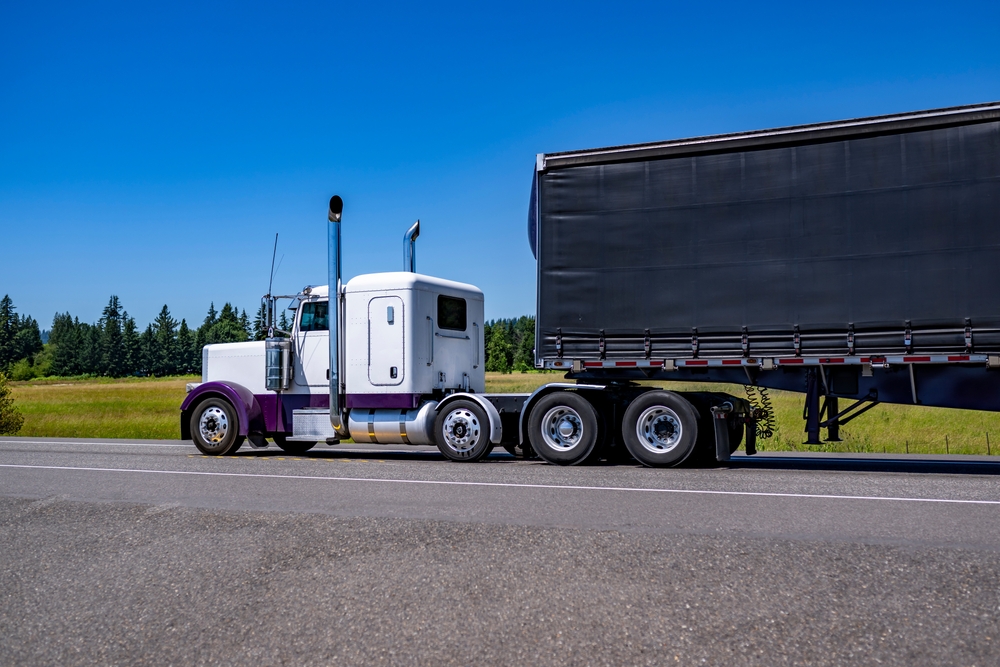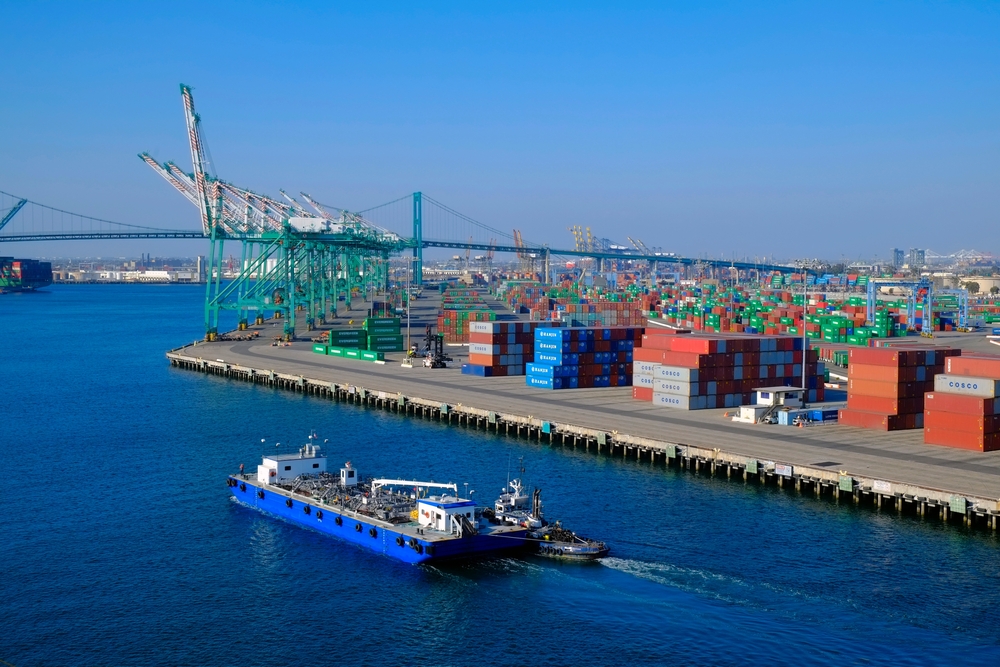
Electric vehicle startup Canoo Inc., known for its “lifestyle” fleet of electric delivery vans, trucks, and passenger vehicles, has furloughed approximately 30 workers—around 23% of its Oklahoma City workforce—citing financial strain. This furlough reflects Canoo’s need for capital to continue its growth and production goals as it navigates ongoing cash flow challenges. The impacted workers, primarily in manufacturing, will face a three-month furlough without pay or health insurance, affecting their holiday season outlook and spotlighting the financial hurdles confronting the young EV company.
Canoo’s Growth and Challenges in Oklahoma
Founded with ambitious goals for electric fleet production, Canoo has made significant investments in Oklahoma to expand its manufacturing capabilities. In 2022, Canoo purchased a facility in Oklahoma City—a former Terex plant—for $34.27 million, intending for it to become the primary production site for its fleet vehicles. This facility complements another plant in Pryor, which handles battery manufacturing, positioning Oklahoma as a key player in Canoo’s supply chain and manufacturing operations.
Oklahoma state legislators have supported Canoo with a substantial $300 million incentive package, partly aimed at compensating for the state’s earlier unsuccessful bid to attract Tesla’s Cybertruck factory. The package includes a commitment from the state to purchase 1,000 Canoo vehicles over five years, contingent upon the company’s ability to meet production milestones. These incentives reflect the state’s commitment to fostering Canoo’s success, yet they also highlight the growing pressure on Canoo to deliver on its targets amid financial constraints.
Recent Financial Struggles and Capital-Boosting Measures
Canoo’s financial challenges became more evident this year, despite recent operational improvements. In its latest earnings report, Canoo revealed it had reduced operating expenses and reported a quarterly revenue of $650,000. However, the company remains cash-strapped and heavily reliant on outside funding to meet its operational needs and pursue growth initiatives. As a result, Canoo has increasingly turned to its CEO, Tony Aquila, for financial backing.
In October, Canoo secured an Unsecured Grid Promissory Note worth $850,000 from AFV Management Advisors, a company affiliated with Aquila. This note allowed Canoo to request cash advances, which it has already tapped three times, totaling $2.9 million. The agreement carries an 11% annual interest rate, with the full principal due by October 18, 2025.
In a further step to stabilize its finances, Canoo entered a Revolving Credit Facility Agreement with AFV Management on November 5, allowing it to access up to $12 million in working capital advances. That same day, Canoo borrowed $4 million from AFV to repay the October loan, showcasing its tight cash flow situation and reliance on affiliated entities to maintain liquidity. AFV has also committed an additional $2 million for specific approved purposes, with future advances subject to discretion. This revolving credit facility gives Canoo short-term financial flexibility, yet its long-term financial sustainability remains uncertain.
Stock Performance and Market Outlook
Canoo’s financial difficulties have weighed heavily on its stock performance, with its stock price (Ticker: GOEV) trading at $0.39 per share, giving the company a market capitalization of approximately $34.5 million. This share price reflects a sharp decline over the past three months, mirroring investor concerns about Canoo’s ability to secure stable funding and turn around its cash flow. The company has yet to announce its third-quarter earnings, leaving investors and analysts in anticipation of whether Canoo’s strategies to secure new funding will result in improved financial health.
Furlough Implications and Canoo’s Future in Electric Fleets
The furlough is a stark indication of Canoo’s precarious financial position. As the startup aims to fulfill high-profile orders from clients like Walmart, NASA, and the U.S. Army, its ability to sustain production in Oklahoma is under scrutiny. While Canoo remains committed to keeping its manufacturing and battery production operations within the United States, its financial constraints have sparked questions about its path forward and long-term viability in the competitive EV market.
With industry support from state-level incentives and a growing market for electric fleet vehicles, Canoo is positioned in a promising sector. However, the company’s urgent need for capital and dependence on related-party financing reflect the challenges startups face when scaling manufacturing in a cash-intensive industry. As Canoo works to regain financial footing and meet its commitments, its reliance on timely capital injections will likely continue to shape its trajectory in the electric fleet industry.
Source:











Leave a Comment